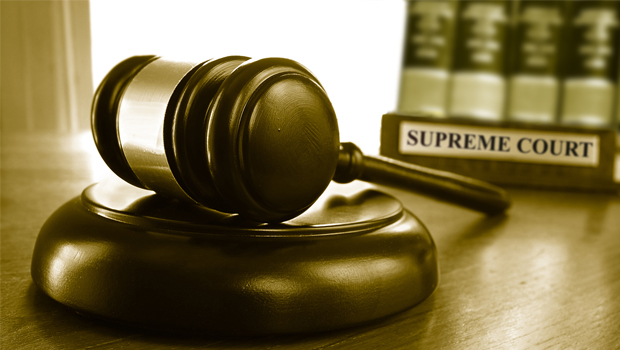The Supreme Court this week issued an 8-1 opinion in favor of a former student of the Mahanoy Area School District, finding that the school district violated her First Amendment rights when it punished her for a vulgar Snapchat message.
The case questioned whether schools can legally punish students for speech on their social media accounts, even outside of school hours and away from school campuses.
As a ninth-grader, Brandi Levy posted a vulgar message online after she failed to make the varsity cheerleading team at her school. The school maintained she had breached its code of conduct, and she was suspended from cheerleading for the entire year.
In its decision, the Supreme Court said that schools do have a right to issue consequences for some types of off-campus speech, such as cyberbullying, threats to teachers or students, or cheating.
Writing for the majority, Justice Stephen Breyer said that the speech in this case did not meet those standards and that there was no evidence that Levy’s online message disrupted learning-related activities.
“The school itself has an interest in protecting a student’s unpopular expression, especially when the expression takes place off campus, because America’s public schools are the nurseries of democracy,” Breyer wrote.
NEA issued a friend-of-the-court brief in this case, arguing that although public school students should enjoy the right to speak and advocate for themselves—particularly when that expression is off campus and online—schools and educators also need to be able to protect students from harassment and bullying.
“We all want our students—Black and white, Native and newcomer, Hispanic and Asian alike—to attend safe public schools that are free of harassment and bullying. We also believe that students, just like educators, have a right to freedom of speech under the First Amendment,” said NEA President Becky Pringle. “The Supreme Court’s decision in Mahanoy strikes the right balance. The court recognized that ‘America’s public schools are the nurseries of democracy.’ And we model that democracy by ensuring that students have a right to speak in an environment that is free of bullying and harassment.”







